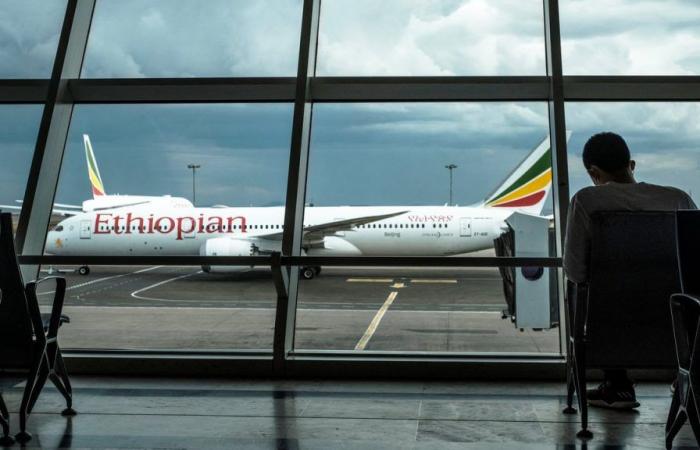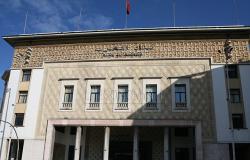On the African continent, one equation alone sums up the challenges of air transport: that of the ticket price. Always criticized and yet still as high, the price confines the air network to a high-end product when, even more than elsewhere, it would have the vocation to become the blood system of African economies.
Market reality
Four factors hinder the objectives of governments to have a national airline and therefore to have the control over the cost of air mobility: the weight of the premium segment in the profitability of the sector, the lack of price transparency, the airport financing policy and finally, the dispersion of resources in the search for air sovereignty.
the rest after this ad
Let us first consider this market reality: passengers from extractive industries are an important, if not essential, windfall in all African states with natural resources. Given the economic challenges of the sector, THE Corporate clients are relatively insensitive to soaring prices, preferring not to run the risk of a deterioration in air safety, schedules or quality of service. Companies must deal with this divisive market where value is concentrated on these flows and where they must justify price differences between “high contribution” and “low contribution”.
Banking tour operators
Furthermore, the lack of transparency on price formation is undoubtedly the the most penalizing factor because the most insidious. Travel agencies can, with complete impunity, due to a lack of regulation, decide the real selling price paid by the consumer, use operators’ stock in the lowest price classes to resell them at the highest price, or illegally exercise the profession of banker by offering deferred payments. Capturing a majority share of distribution, they influence all transport policies air and are the primary travel suppliers to the administrations that design these policies.
To read: Why African airlines are far from “billions of dollars in profits”
the rest after this ad
Everywhere else on the planet these practices are a thing of the past, agencies have switched to “zero” commission and are required to display their remuneration. The continent’s delay in air transport is above all a delay in the effective implementation of regulation of travel agents.
Vision court-termiste
Far from balancing these market logics, public policies in matter aviation aggravates them. The worst scheme is that of financing airport infrastructure. Entrusted to the private sector, which reinvented the toll model, they are collected from the banking sector, on the basis of new taxes and passenger fees, increasing existing taxes, for often indefinite periods. This model transforms, without compensation, the airlines into tax revenues, supposed to collect at their expense then distribute these numerous subsidies, which in Africa, exceeds often 40% of the ticket price.
To read: As competitors, are African airlines doomed to tear each other apart?
the rest after this ad
To maintain control of the flow of taxes and fees, the same actors proclaimed themselves airport operators, without mastering the subtleties of the exercise and above all, without developing the value-added services that African passengers are entitled to. ‘to wait for. This short-term vision handicaps continental air transport by denying a fundamental principle: rising prices weaken demand. It pushes companies to miser in market segments that are least sensitive to an increase. In a reverse logic, in Europe, it is the airports which have subsidized the growth of low costconcentrating nearly 1,500 aircraft on three fleets and transforming countries like Ireland, Austria and Hungary into air powers.
Old reading
Finally, fourth obstacle to the development of a real price policy: the perpetuation of a North/South geopolitical reading which wants the price of the intercontinental flights be perceived as a “foreign” tax. By exhausting themselves in this outdated competition, national air carriers forget the fundamentals of management and competitive balance of power. They disperse their resources while the development of domestic and regional networks is an essential preliminary step and a competitive advantage over northern companies.
To read: Will the single African air market see the light of day?
the rest after this ad
Besides, there is only one way to reduce the price of plane tickets, All by preserving the self-financing capacity of African airlines: reducing costs and taxes. Any other strategy will inevitably lead to the collapse of the house of cards. Healthy air transport is air transport capable of being financed with prices that are affordable to as many people as possible. States must remove any handicap, preventing a drop in prices. Otherwise, algebra will remain the test of reality for any politics of transport air.
Today’s eco.
Every day, receive the essential economic news by email.







